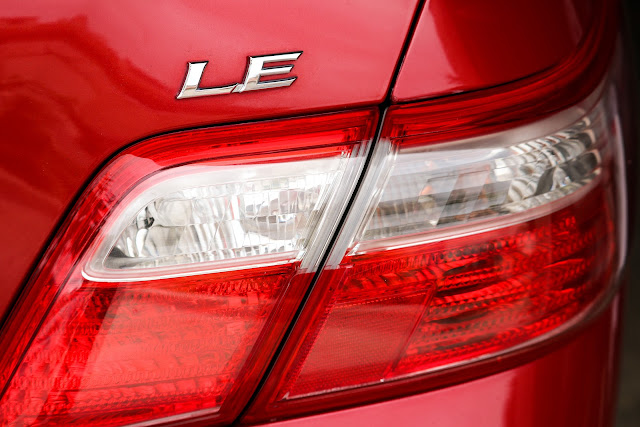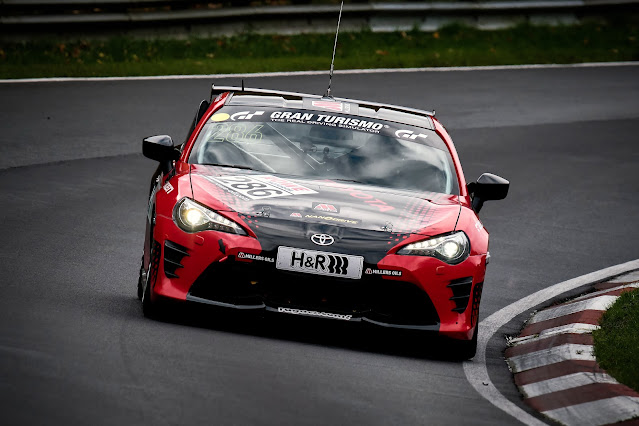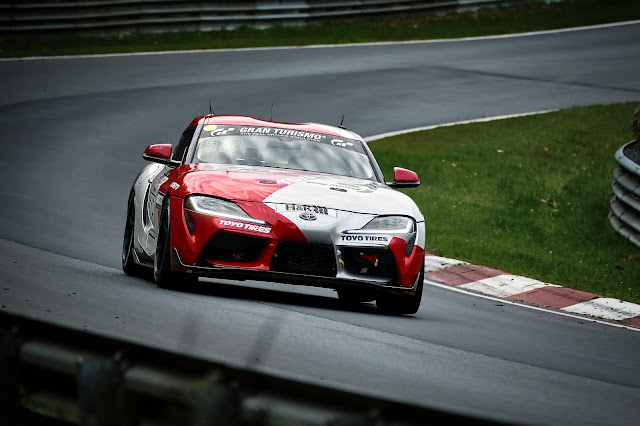Hydrogen-Powered Toyota Corolla Makes Racing History: Advancements, Challenges, and a Glimpse into a Cleaner Automotive Future
Toyota Motor Corp., the renowned automaker, sees racing as an opportunity to push the limits of their technology and identify any issues that may arise in real-world conditions, beyond the controlled environment of the research stage. The company aims to accelerate the development of hydrogen-powered vehicles for commercial sales.
One of the key advantages of vehicles with hydrogen-powered
engines is their significantly reduced carbon dioxide emissions. Toyota had
previously entered races using Corollas equipped with engines fueled by
hydrogen gas since May 2021. However, by switching to liquid hydrogen fuel, the
energy density in the same volume of the fuel tank doubles, resulting in an
increased cruising range.
The configuration of vehicles with hydrogen engines is similar
to that of gasoline-powered vehicles. Unlike fuel cell vehicles, which utilize
motors running on electricity generated from hydrogen, cars with hydrogen
engines can leverage parts and technologies from conventional gasoline-powered
vehicles.
However, storing or refueling a car with liquid hydrogen poses
unique challenges. Liquid hydrogen must be kept at extremely low temperatures
below -253 degrees Celsius (-423 degrees Fahrenheit). This necessitates the
development of specialized technologies for fuel pumps and other components.
As Toyota pushes the boundaries of automotive technology by
introducing a liquid hydrogen-powered car to the racing world, one can't help
but wonder: What other groundbreaking innovations lie ahead for
hydrogen-powered vehicles? With the potential to revolutionize decarbonization
and offer extended cruising ranges, could we soon see a future where hydrogen
becomes a mainstream fuel source for automobiles? Only time will tell, but for
now, this milestone achievement serves as a tantalizing glimpse into the
possibilities of a cleaner and more sustainable automotive industry. Stay tuned
as the race for a greener future continues to unfold.





Comments
Post a Comment